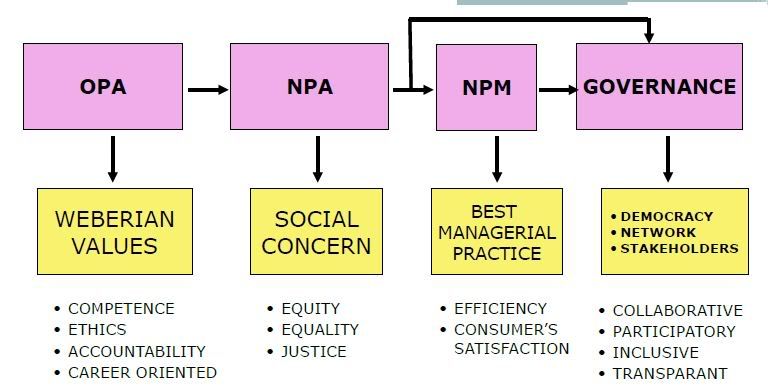·
release of mercury into the air, soil and water
poses a significant health risk
·
Annually, a large amount of this toxic, complex
metal is simply dumped into municipal landfills or released into the air from a
“green” source
·
India's domestic production of fluorescent tube
lights (FTL) and compact fluorescent lamps (CFL) involves the use of about eight tonnes of mercury
·
both industry and government must take
responsibility for the toxic waste element in end-of-life lamps
·
when mercury turns into methyl mercury, it
accumulates in fish
·
Human health, particularly that of foetuses, is
greatly harmed when such fish is consumed
·
a part of the mercury from discarded units is
released into the air, and the rest goes into the soil, contaminating surface
and sub-soil water
·
problem is acute in large cities, which absorb a
large portion of about 400 million CFLs and 250 million FTLs that come to
market.
·
the lamps made in India have a higher mercury
content than those in the developed world
·
India
does not specifically identify fluorescent lamps either as municipal waste, or
hazardous waste
·
Unlike the more diffused problem of mercury
released into the atmosphere by burning fossil fuels, especially coal,
fluorescent lamps represent a secondary
source of man-made contamination
·
Central Pollution Control Board had written to
State Governments asking them to encourage establishment of recycling units so
that fused CFLs and FTLs are properly collected, the mercury recovered and
recycled scientifically
·
not much progress has been made
·
this
exposes governmental indifference to a significant public health issue
·
States and their Pollution Control Boards have
not acted to stop the release of this neurotoxic pollutant into the atmosphere
Way ahead
·
adopt the Municipal Solid Waste rules in their
entirety
·
segregate waste at the level of the consumer and
remove recyclable materials
·
This will reduce pressure on the environment
from various waste sources such as batteries, plastic, glass and metal

